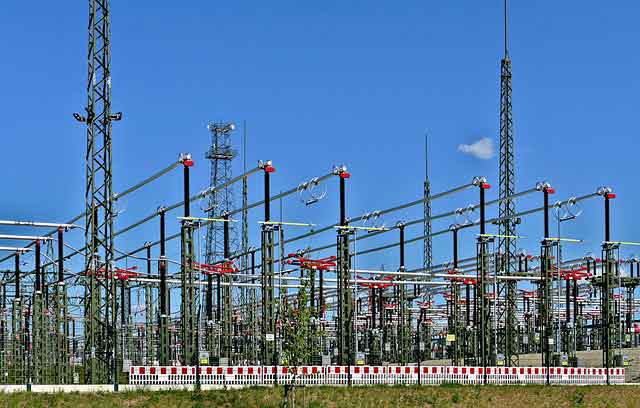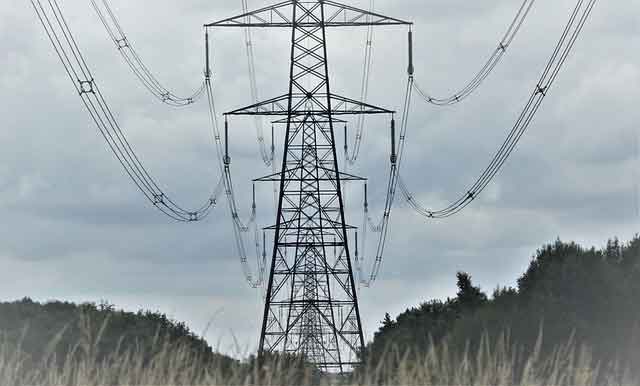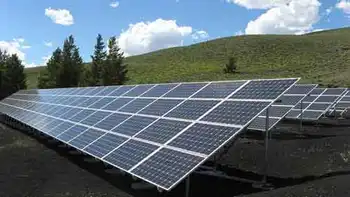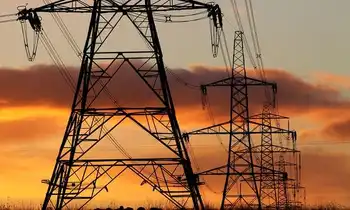Boulder to become first Smart Grid City
The advanced, smart grid system – when fully implemented over the next few years – will provide customers with a portfolio of smart grid technologies designed to provide environmental, financial and operational benefits. Xcel Energy anticipates funding only a portion of the project, and plans to leverage other sources including government grants for the remainder of what could be up to a $100 million effort.
“Smart Grid City is the first step toward building the grid of the future,” said Dick Kelly, Xcel Energy chairman, president and CEO. “In Boulder, we’ll collaborate with others to integrate all aspects of our smart grid vision and evaluate the benefits. The work we’re doing will benefit not only Boulder, but also customers throughout our eight-state service territory. We’re pleased to partner with the city and our Boulder customers as we begin this journey.”
In December 2007, Xcel Energy established the Smart Grid Consortium, bringing together leading technologists, engineering firms, business leaders and IT experts. Consortium members include Accenture, Current Group, Schweitzer Engineering Laboratories and Ventyx. The group will provide guidance, products and services needed to bring Xcel Energy's smart grid vision to life.
In addition to its geographic concentration, ideal size and access to all grid components, Boulder was selected as the Smart Grid City because it is home to the University of Colorado and several federal institutions, including the National Institute of Standards and Technology, which already is involved in smart grid efforts for the federal government.
Smart Grid City could feature a number of infrastructure upgrades and customer offerings – for the first time fully integrated through the partnership’s efforts in Boulder – including:
· Transformation of existing metering infrastructure to a robust, dynamic electric system communications network, providing real-time, high-speed, two-way communication throughout the distribution grid;
· Conversion of substations to “smart” substations capable of remote monitoring, near real-time data and optimized performance;
· At the customer’s invitation, installation of programmable in-home control devices and the necessary systems to fully automate home energy use; and
· Integration of infrastructure to support easily dispatched distributed generation technologies (such as plug-in hybrid electric vehicles with vehicle-to-grid technology; battery systems; wind turbines; and solar panels).
The potential benefits of the Smart Grid City include operational savings, customer-choice energy management, better grid reliability, greater energy efficiency and conservation options, increased use of renewable energy sources, and support for plug-in hybrid electric vehicles and intelligent-home appliances.
With the city now selected, Xcel Energy and its Smart Grid Consortium will spend the next four weeks to six weeks studying the cityÂ’s electricity infrastructure to develop a scope and preliminary design plan for implementing the changes. Work would start soon after, but system changes will take place over the next few years.
The first phase of Smart Grid City is expected to be in place by as early as August 2008, with implementation throughout the city continuing through 2009. Beginning in 2009, the consortium also expects to begin an initial assessment of the technologies.
After initial implementation and assessment, Xcel Energy will use the results from this effort to talk with state, federal and regulatory officials about a larger deployment throughout the companyÂ’s eight-state service territory.
Related News

Texas's new set of electricity regulators begins to take shape in wake of deep freeze, power outages
AUSTIN - A new set of Texas electricity regulators began to take shape Monday, as Gov. Greg Abbott nominated a finance expert to be the next chairman of the Public Utility Commission while his earlier choice of a PUC member moved toward Senate confirmation.
The Republican governor put forward Peter Lake of Austin, who has spent more than five years as an Abbott appointee to the Texas Water Development Board, as his second commission pick in as many weeks.
“I am confident he will bring a fresh perspective and trustworthy leadership to the PUC,” Abbott said of Lake, who once worked as…





